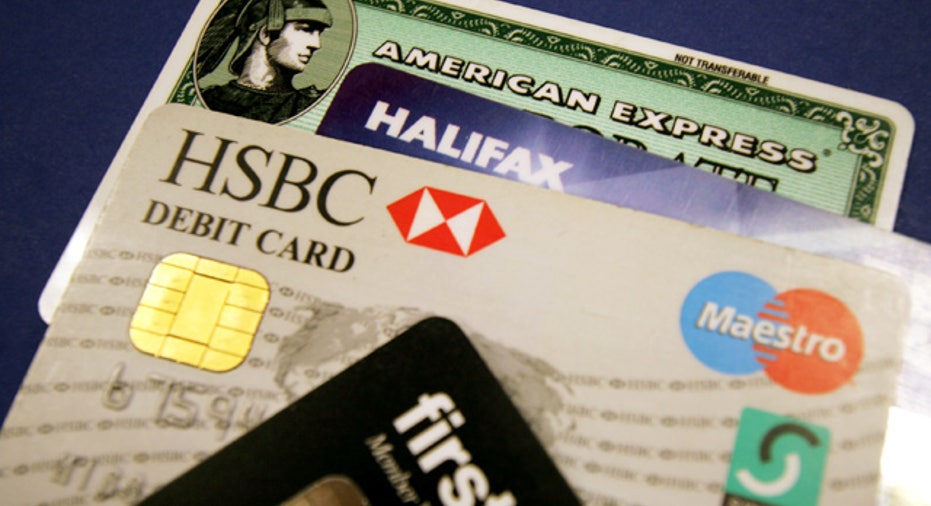How Much can a Debt Collector Take from Your Paycheck?

Dear Credit Care,
I have credit cards that have been charged off. I have made monthly payment arrangements with the collectors. Can they take more than the arranged monthly amount if I have a written agreement?
- Geoffrey
Dear Geoffrey,
From your letter, it sounds as if you may have given the debt collectors permission to debit your bank account each month for a prearranged amount. In order for your bank to authorize the automatic debit from your account, you would have had to sign an authorization agreement form that states, at the minimum, the following:
*The name of the company (the collector) to receive the payment.
*Your name, address and telephone number.
*The monthly amount that is to be debited.
*The start date and end date.
*Your bank name.
*Your bank branch address.
*Your bank transit ABA (routing) number.
*Your bank account number.
As long as you have filled out an authorization form for each of the debt collectors with the monthly amount that you have agreed to pay each month, your bank is authorized to debit only that amount each month from your account. But, of course, mistakes may occur. You will want to check your bank statement each month at the time that your debits are scheduled to assure that they were processed on time and for the correct amount.
Should you have any problems with the automatic debits, contact your bank branch in writing and cancel any authorization that was made previously. You need to give the bank three days to comply with the request to cancel the automatic debit. Also, report any unauthorized debits to your bank within 60 days. The bank must investigate the error within 10 business days of receiving the report from you. If the bank finds an error, it must correct it right away. The bank can take an additional 45 days to investigate if it needs to, but it must credit your account until the matter is resolved.
However, if your letter is referring to wage garnishment rather that automatic debit, federal and state laws state how much money can be garnished from your paycheck. Generally speaking, federal law says the most that can be garnished from your paycheck is the lesser of the following two amounts:
*Up to 25% of your disposable earnings -- after federal, state and local taxes; Social Security; unemployment insurance and state employee retirement funds.
*The amount by which disposable earnings are more than 30 times the federal minimum hourly wage ($7.25).
So what exactly does that mean? Let's say you net $500 per paycheck. Using the 25% formula, the most that could be garnished is $125. (That's 25% of $500.) Using the minimum-wage formula, the maximum amount that could be garnished is $282.50. How'd I figure that? Multiply 30 times $7.25 -- the current minimum wage -- and you get $217.50. The law then says to subtract that amount from your $500 current net pay. That leaves you with $282.50.
Since the law says the lesser of those two numbers is the most that you can have garnished, you wouldn't be able to have more than $125 garnished from your check.
You could always begin paying by check or money order each month if you are nervous about the payment arrangements that you have made. My guess is that the collector wanted to have the ability to automatically debit your account to assure timely payment. Unless the agreed-upon monthly payment amount is contingent on your payments being automatic debit, you should be able to stop the debits and pay by check.
Handle your credit with care!
More from CreditCards.com:



















